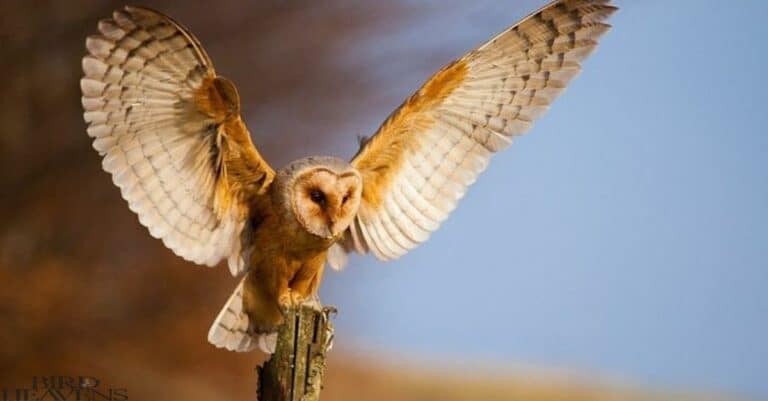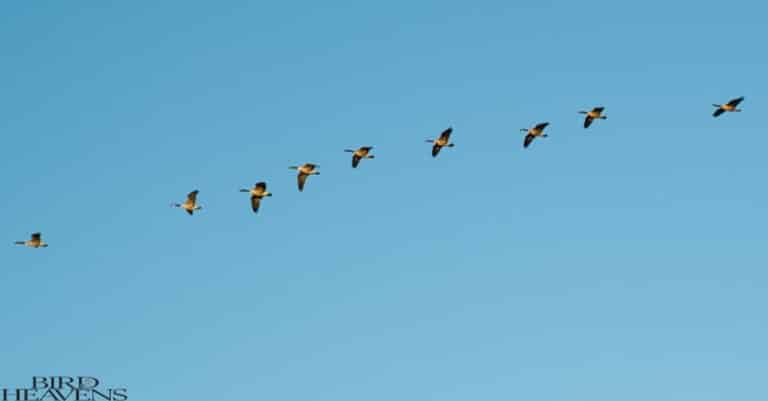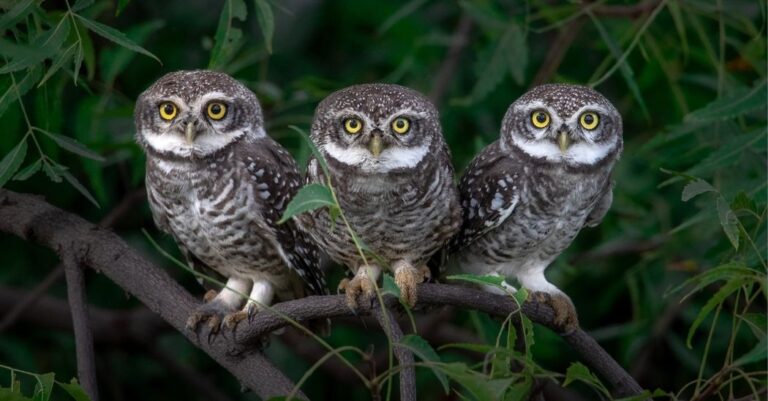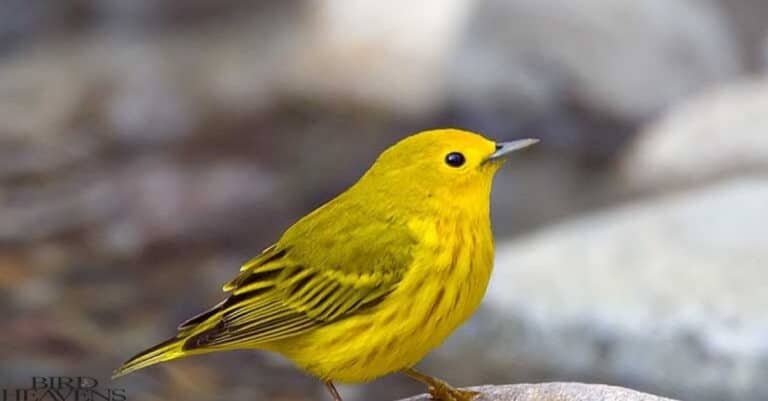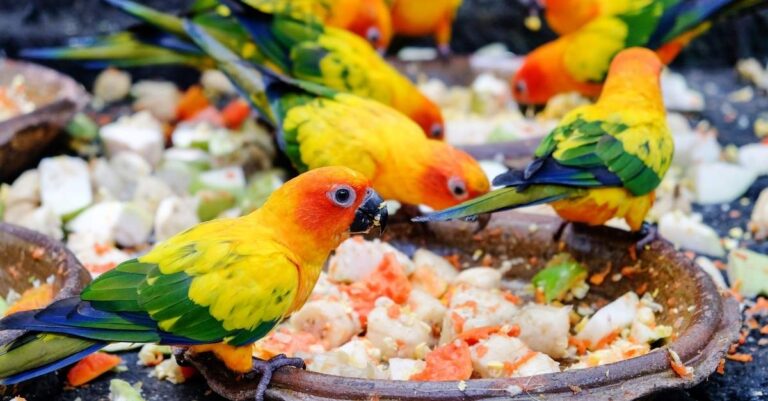Do Crows Eat Other Birds? The Disturbing Truth
Yes, crows do eat other birds, but it’s not their primary food source. They’re opportunistic omnivores, more likely to scavenge dead birds than hunt live ones. Crows sometimes raid nests for eggs and chicks, especially during food scarcity.
Crows can prey on smaller birds, it’s a small part of their diverse diet that includes insects, fruits, and small mammals. Their role in bird predation is complex and influenced by factors like habitat, season, and individual behavior.
What Do Crows Eat?
Crows are nature’s ultimate opportunists. Their diet is as varied as it is impressive, spanning a wide range of food sources that showcase their adaptability in both urban and wild environments.
Here’s a quick breakdown of a crow’s typical diet:
- Insects and other invertebrates
- Fruits and berries
- Seeds and nuts
- Small mammals
- Carrion (dead animals)
- Human food scraps
- And yes, sometimes other birds
To truly understand crow behavior, we need to delve deeper into their feeding habits and the circumstances that lead to bird predation.
Do Crows Prey on Other Birds?
Yes, crows do sometimes prey on other birds. But it’s not as simple as labeling them bloodthirsty bird-killers. Crows are opportunistic feeders, which means they’ll take advantage of easy meals when they present themselves.
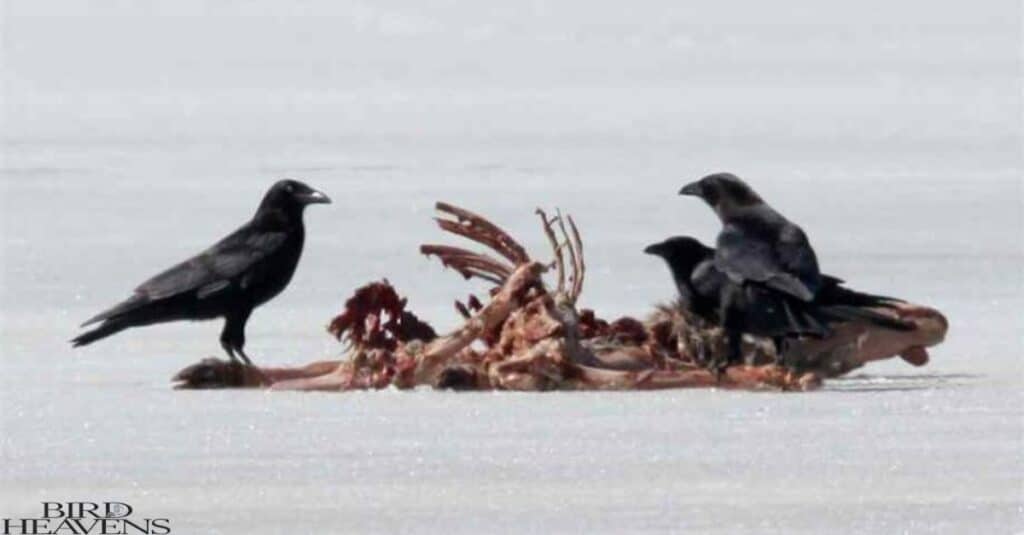
Searching vs Hunting
More often than not, when crows consume other birds, they’re scavenging rather than actively hunting. They’ll happily feast on birds that have died from other causes, such as:
- Collisions with windows or vehicles
- Attacks by other predators
- Natural causes
However, there are documented cases of crows actively hunting live birds. These instances are typically opportunistic rather than planned hunts.
Case Study : Urban Crow Predation in Seattle Park
Researcher: Dr. Emily Ravenson
Dr. Emily Ravenson conducted a two-year observational study in Seattle’s urban parks to investigate crow predation behavior. Her research team monitored crow activities across various seasons and environmental conditions.
Key Findings:
- They were more likely to hunt birds during nesting season.
- They mostly ate eggs and baby birds, not adult birds.
- Urban crows preferred eating human food scraps over hunting birds.
Do All Crows Kill and Eat Other Birds?
Not all crows exhibit the same behavior when it comes to bird predation. Several factors influence whether a crow might target other birds:
- Species: Some crow species are more likely to prey on birds than others.
- Environment: Urban crows may have different feeding habits than their rural counterparts.
- Food availability: In times of scarcity, crows may be more likely to target other birds.
- Season: Nesting season often sees an uptick in nest raiding behavior.
- Individual variation: Just like humans, individual crows may have different food preferences.
Urban vs. Rural Crow Behavior
| Urban Crows | Rural Crows |
| More likely to scavenge human food | Higher reliance on natural food sources |
| May target pigeons and other city birds | Might prey on a wider variety of wild birds |
| Often raid trash for easy meals | More likely to hunt small mammals and insects |
You Might Like >>Why Do Crows Chase Hawks?
Why Do Crows Eat Other Birds?
Crows might eat other birds for a few reasons. If food is hard to find, they might turn to birds as a food source.
They might also take advantage of an injured or weak bird that’s easy to catch. Sometimes, crows will attack birds they see as a threat to their nests.
Additionally, birds can provide crows with important protein, especially when they need extra nutrients during breeding season.
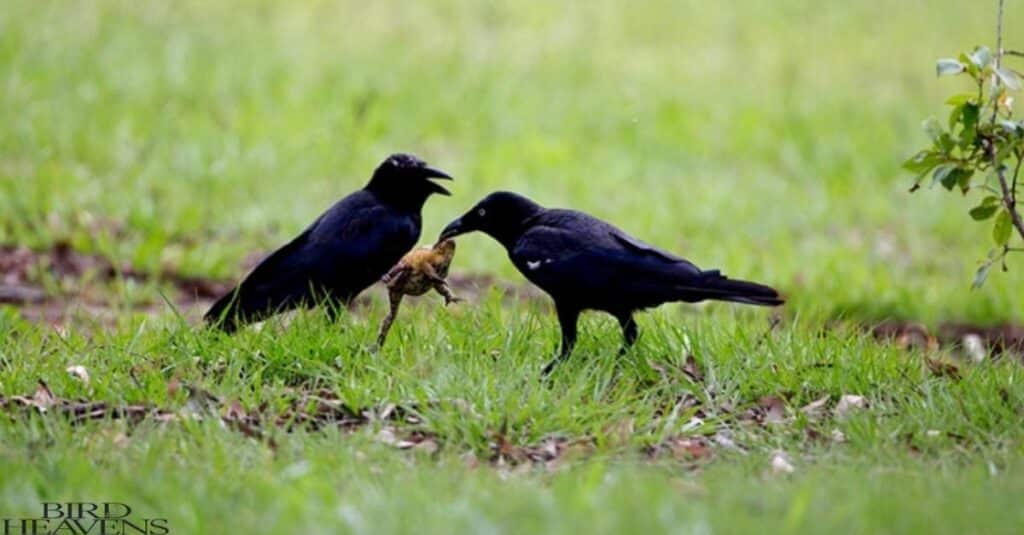
Do Crows Eat Baby Birds (Nestlings & Fledglings)?
One of the most contentious aspects of crow behavior is their tendency to raid nests for eggs and baby birds. This behavior is more common than attacks on adult birds and can have a significant impact on local bird populations.
Crows target baby birds for several reasons:
- Easy prey: Nestlings and fledglings can’t defend themselves or escape.
- High nutritional value: Growing birds are packed with protein and other nutrients.
- Accessibility: Nests are often easier to raid than catching adult birds.
Keep Crows Away From Bird Nests:
To keep crows away from bird nests, consider these strategies:
- Install nest boxes with small openings that crows can’t access
- Plant dense shrubs where smaller birds can hide their nests
- Use reflective tape or predator decoys to deter crows from nesting areas
You Might Like >>Birds With Funny Names
Do Crows Kill Other Crows?
Surprisingly, crows do sometimes kill and eat other crows, though it’s not a common occurrence. This behavior, known as cannibalism, usually happens under specific circumstances:
- Territorial disputes: Crows fiercely defend their territories and may attack intruders.
- Food scarcity: In extreme cases, crows might resort to cannibalism to survive.
- Opportunistic feeding: A crow might eat a dead crow it comes across.
While unsettling, this behavior is not unique to crows and has been observed in many other species.
Which Bird Species Are Targeted by Crows?
Crows don’t discriminate much when it comes to bird prey. However, some species are more vulnerable than others:
- Small songbirds (sparrows, finches, warblers)
- Pigeons and doves
- Starlings
- Robins
- Occasionally, waterfowl eggs and young
Crows target birds that are easy to find and catch.Predation often depends on factors like habitat overlap, nesting habits, and the relative size of the bird compared to the crow.
Do Crows Eat Pigeons?
Yes, crows do eat pigeons, especially in urban environments where both species are common. Pigeons, with their larger size and slower flight, can be challenging prey for crows. However, crows are more likely to target injured, sick, or young pigeons that are easier to catch.
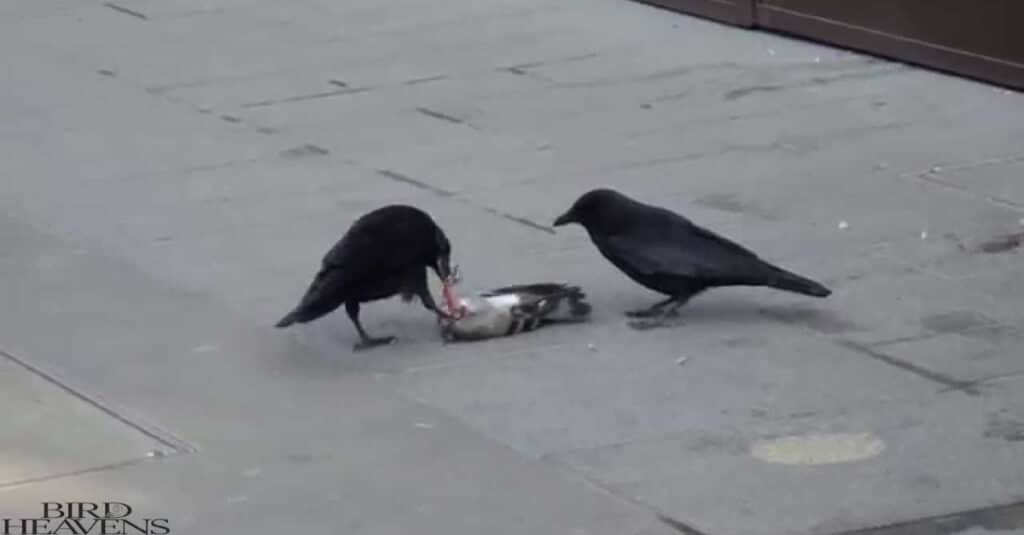
In cities, the relationship between crows and pigeons is complex:
- Crows may chase pigeons away from food sources
- They might raid pigeon nests for eggs or squabs (baby pigeons)
- Crows often scavenge dead pigeons found on city streets
Do Crows Prey on Domestic Chickens or Poultry?
While not their primary target, crows can pose a threat to domestic chickens and other poultry, particularly to chicks and eggs.
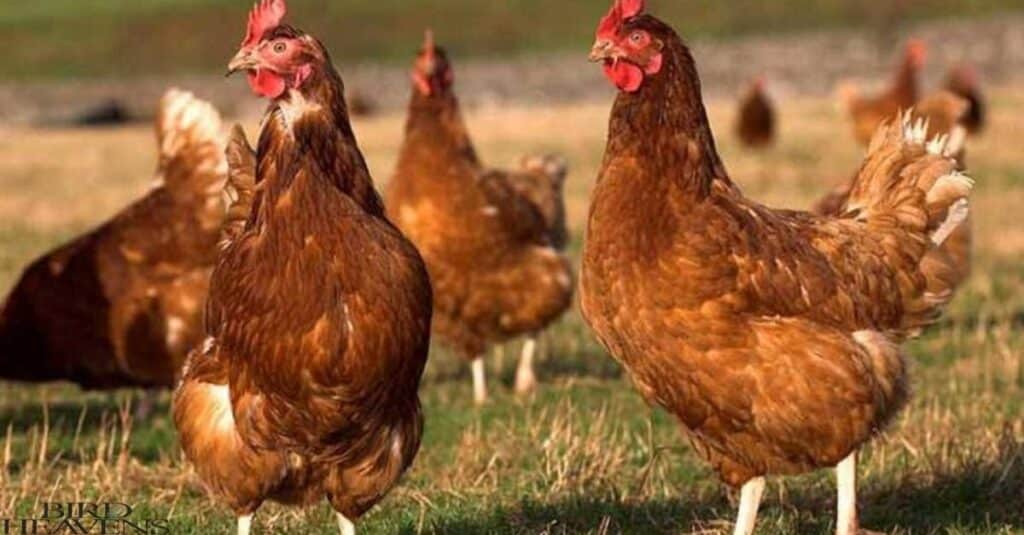
Here’s what poultry owners should know:
- Crows are more likely to steal eggs than attack adult chickens
- Free-range chicks are at higher risk of crow predation
- Injured or sick chickens may attract crows
Tips for Protecting Poultry from Crows
- Use overhead netting in chicken runs
- Collect eggs frequently
- Provide secure, covered areas for chicks
- Consider using guardian animals like dogs to deter crows
You Might Like >>Do Owls Poop
How Do Crows Hunt and Kill Other Birds?
When crows do actively hunt birds, they employ several strategies:
- Surprise attacks: Crows may swoop down on unsuspecting birds.
- Group tactics: Sometimes crows work together to overwhelm larger birds.
- Nest raiding: Crows are adept at finding and raiding nests for eggs and chicks.
After catching a bird, crows use their strong beaks to kill and dismember their prey. They may eat the bird on the spot or carry parts back to their nest or a safe eating location.
Do Crows Eat Dead Birds?
Absolutely, in fact, scavenging dead birds is far more common than hunting live ones. Crows play a crucial role in ecosystem health by cleaning up carrion, including dead birds. This behavior helps prevent the spread of disease and recycles nutrients back into the environment.
Do Crows Kill Ravens?
Crows generally do not kill ravens.But crows are more aggressive than ravens, despite being smaller.Crows are typically the aggressors in crow-raven conflicts.
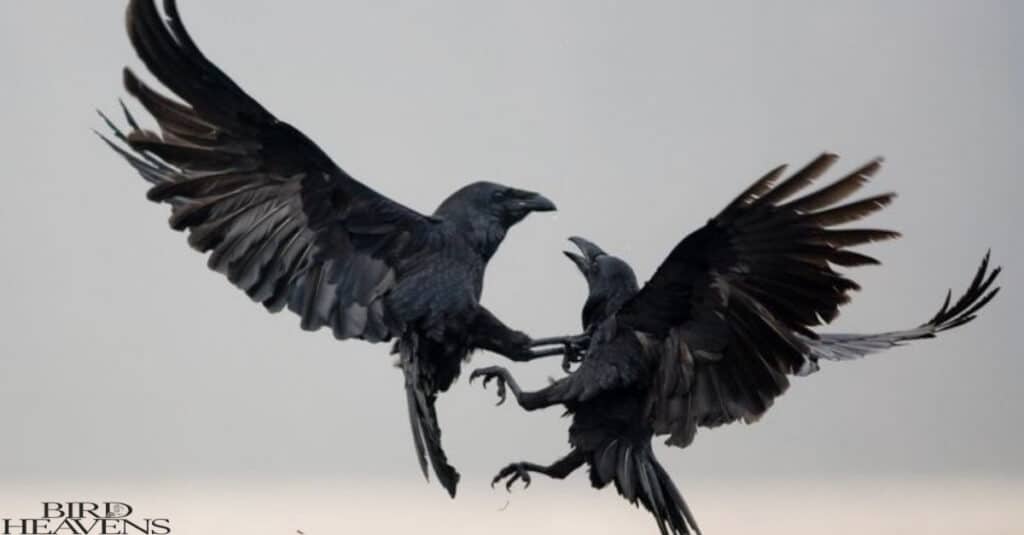
A single raven can fight off one or two crows.However, if a group of crows bands together to mob a raven, the competition can become quite fierce.Crow attacks on ravens during breeding season.
Case Study: Crow-Raven Interactions in Urban Seattle
Researcher: Dr. Kaeli Swift
Dr. Kaeli Swift, an ornithologist at the University of Washington, conducted a three-year study on crow-raven interactions in urban Seattle. Her research aimed to understand the dynamics between these two corvid species in an urban environment.
Key Findings :
- Crows started 78% of fights with other species.
- In 87% of fights between a crow and a raven, the raven was able to defend itself.
- Crows usually attacked ravens in groups of 3 to 7.
- Crow attacks on ravens went up by 152% during the breeding season.
- 65% of these attacks happened close to active crow nests (within 100 meters).
- Over three years, only two ravens were killed by crows. Both deaths involved young ravens that were outnumbered by adult crows.
You Might Like >>Are Penguins Friendly or Dangerous
Crow Intelligence and Predatory Behavior
Crows are renowned for their intelligence, and this plays a significant role in their feeding habits:
- They can use tools to access food
- Crows remember human faces and can hold grudges
- They’re known to drop nuts onto roads for cars to crack open
This intelligence also comes into play when hunting or scavenging for bird prey. Crows can:
- Learn and remember the locations of bird nests
- Coordinate attacks with other crows
- Adapt their hunting strategies based on past experiences
Case Study: Crow Intelligence and Tool Use
Researcher: Dr. Akira Tanaka
Dr. Akira Tanaka’s team at Hokkaido University studied Carrion Crows in Japan to understand their intelligence and tool use.
Key Findings:
- Crows made simple tools from twigs to reach eggs and nestlings in tree holes.
- Crows that used tools taught their young how to do it too.
- Urban crows had more ways to get to nests compared to crows in rural areas.
- Crows remembered where nests were and returned to those spots in future seasons.
You Might Like >>29 Yellow Birds In Ohio
Crow Communication and Group Dynamics in Predation
Crows are highly social birds, and their group dynamics play a crucial role in their feeding behavior:
- They use a variety of calls to communicate about food sources
- Crows may work together to distract parent birds while raiding nests
- Group mobbing behavior is used to drive away potential predators or competitors
Fun Fact: A group of crows is called a “murder,” though the origin of this term is unclear.
Crows’ Role in Ecosystem Balance
Despite their sometimes controversial feeding habits, crows play a vital role in maintaining ecosystem balance:
- Population control: By preying on weak or sick birds, crows help keep bird populations healthy.
- Seed dispersal: As they eat fruits and berries, crows spread seeds across wide areas.
- Scavenging: By consuming carrion, crows help prevent the spread of diseases.
- Pest control: Crows eat many insects and small mammals that humans consider pests.
Conclusion
Crows are smart and adaptable birds that do well in many environments, from cities to countryside. They help keep nature balanced by spreading seeds, controlling pests, and cleaning up dead animals. Even though some of their actions might seem unusual, learning about them can help us live more peacefully with them and appreciate their role in nature.
Here are the questions extracted from the article along with brief answers:
- Do crows eat other birds? Yes, but it’s not their primary food source.
- Do all crows kill and eat other birds? No, it varies by species, environment, and individual crow.
- Do crows eat baby birds (nestlings & fledglings)? Yes, they sometimes raid nests for eggs and baby birds.
- Do crows kill other crows? Yes, but it’s not common.
- Do crows eat pigeons? Yes, especially in urban environments.
- Do crows prey on domestic chickens or poultry? Yes, particularly eggs and chicks.
- Do crows eat dead birds? Yes, scavenging dead birds is more common than hunting live ones.

Andrew Paul is a renowned ornithologist and founder of Bird Heavens. With my extensive expertise in bird behavior and habitat preservation,I will insightful content on species identification and conservation.My Future plans include interactive workshops and online courses to foster a global community of bird enthusiasts committed to conservation and appreciating avian life. Join me at Bird Heavens


